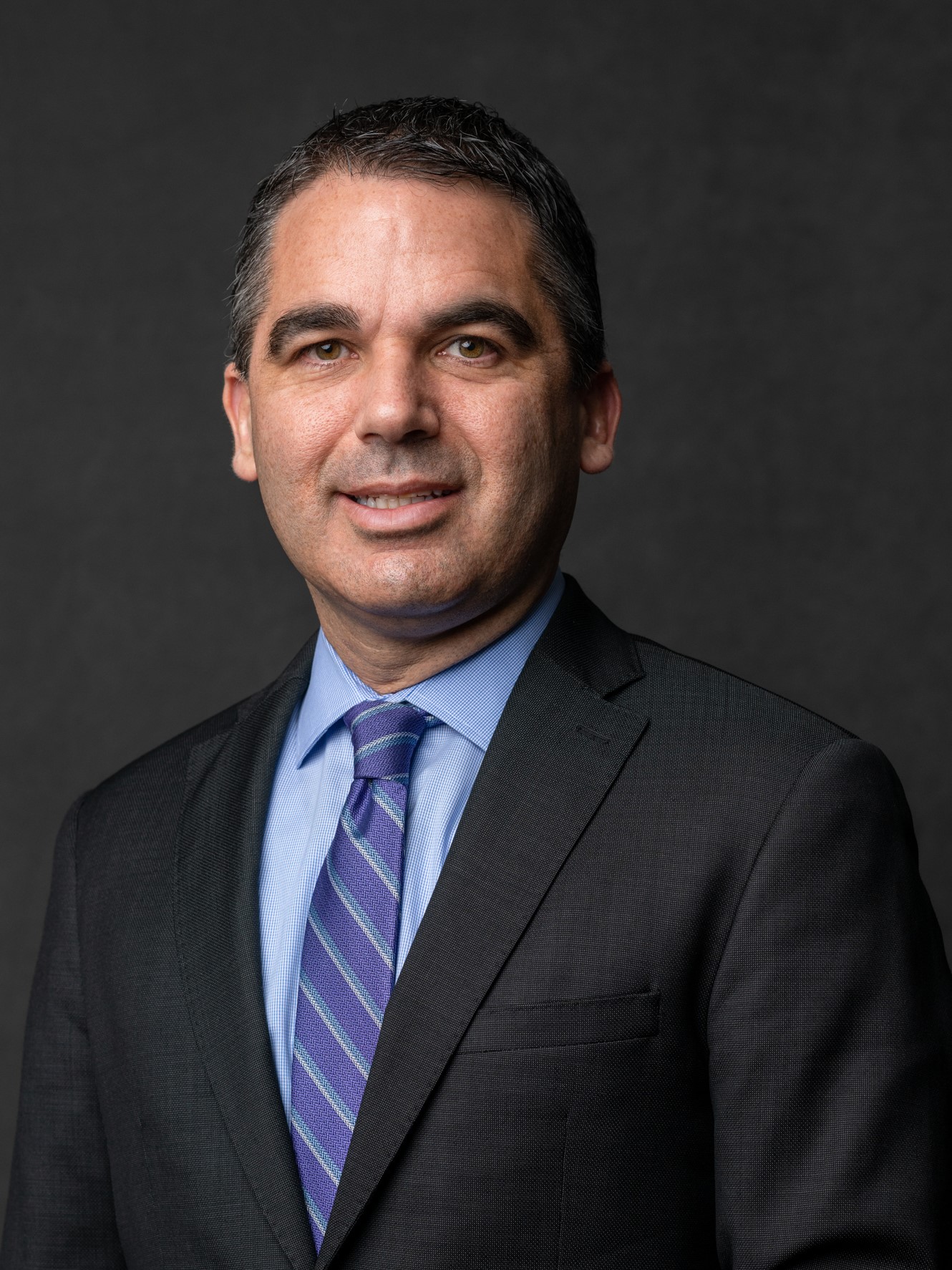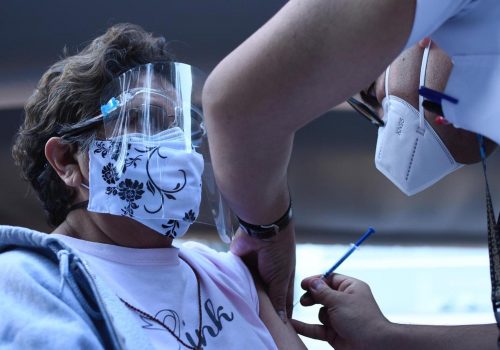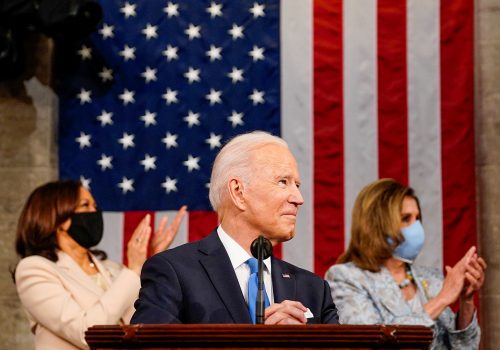Events
All Content
Jason Marczak is vice president and senior director at the Atlantic Council’s Adrienne Arsht Latin America Center. He joined the Council in 2013 to launch the center and set the strategic direction for its work. Marczak has twenty-five years of expertise in regional economics, politics, and development, working with high-level policymakers and private-sector executives to shape public policy.
Under his leadership, the Latin America Center delivers constructive, results-oriented solutions to advance hemispheric prosperity and is a regular venue for heads of state, cabinet-level officials, and other public- and private-sector leaders to build consensus on regional priorities and the broader global linkages. He recently co-authored a strategy for US engagement with the region, co-edited a book on the future of the US-Colombia relationship, and led groundbreaking work on the economic gains of reducing wait time at the US-Mexico border. In 2021, he led the establishment of a Caribbean Initiative at the Atlantic Council. Under Marczak’s direction, the Center has achieved consistent annual growth both in scale and scope while advancing a global vision for its select lines of geographic and thematic programming.
Since 2016, Marczak has been an adjunct professor at the George Washington University’s Elliott School of International Affairs where he teaches on Central America and immigration policy. He was previously director of policy at the Americas Society/Council of the Americas where he worked closely with US and global business executives and was cofounder and senior editor of Americas Quarterly magazine. In 2003, he joined Partners of the Americas to advance work on civil-society engagement in the Summits of the Americas. Marczak held positions at the National Endowment for Democracy and as a legislative aide in the office of then US Representative Sam Farr (D-CA) with a portfolio including trade and foreign affairs.
Marczak frequently provides English- and Spanish-language media commentary and has testified before the US Senate Committee on Foreign Relations and the US House Committee on Foreign Affairs. In 2022, he was invited by the House Financial Services Committee to join a congressional delegation in Barbados and present work to nearly a dozen Caribbean heads of government. In 2023, on the occasion of the ten-year anniversary of the Adrienne Arsht Latin America Center, Marczak was presented with the Visionary Leadership Award. He received a master’s degree from the Johns Hopkins University Paul H. Nitze School of Advanced International Studies and a bachelor’s degree from Tufts University. Marczak is a lifetime member of the Council on Foreign Relations.


